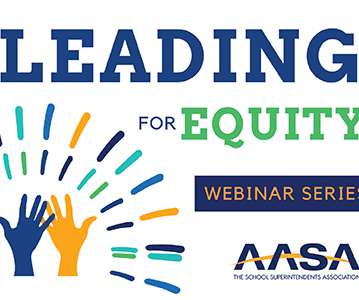With Budget Cuts Looming, Here’s How Districts Will Decide What to Keep or Cut
Edsurge
JUNE 16, 2020
Here are five existing policies that policymakers and local officials are likely to lean on to ensure that funds are used effectively, with regard to investments in remote learning programs and services. Evidence-based Investments There is a long-standing interest in spending academic intervention funds on programs with a record of success.















Let's personalize your content